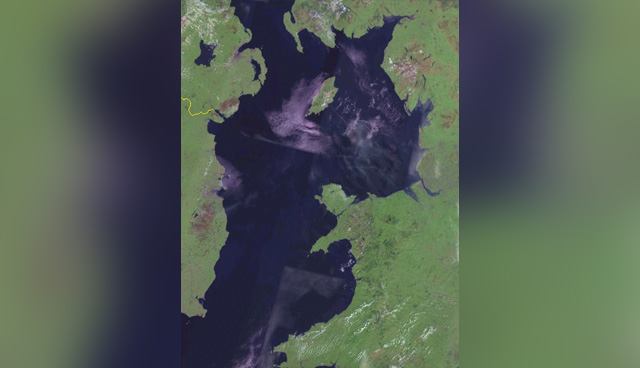Irish Sea border: Detail lacking

Over four months after the ratification of the withdrawal agreement, the first official statement on the potential consequences of the Northern Ireland protocol by the UK Government has been published in the shape of a command paper.
The paper represents an effort by the UK Government to both provide assurance to the EU that they will uphold their legal obligations but also to reinforce to unionists that an international border between Great Britain and Northern Ireland will not be erected.
The command paper lacks the specific detail on the implications of an Irish Sea trade border many businesses had required, mostly because the precise details are still to be negotiated by the UK and the EU.
The UK Government added a number of objectives to the arrangements already set out in the Protocol including to ‘strengthen the Northern Ireland economy’ and to ‘respect Northern Ireland’s place in the UK’. The general consensus is that such objectives are largely meaningless until the actual implementation arrangements are agreed.
The UK Government has proposed ‘light touch’ enforcement of rules in its four principles for implementation, namely that there is no additional process or paperwork on trade from Northern Ireland to the rest of the UK; that there are no tariffs on goods going from Great Britain to Northern Ireland; that there is no new physical customs infrastructure; and that Northern Ireland is to benefit from new UK FTAs.
However, as has been highlighted, the UK can propose an approach to the enforcement of rules but do not have grounds to amend the rules themselves. The UK Government has consistently said that there will be no border down the Irish Sea but ultimately, declarations on goods as they move from Great Britain to Northern Ireland will be a requirement. The UK has suggested that existing infrastructure in Northern Ireland could be used for customs facilitation and border management, minimising the disruption. However, they have provided little to no detail about how and where checks would take place.
Within the command paper the UK has acknowledged new administrative requirements on goods movement and declarations on goods as they move between Great Britain to Northern Ireland will both be required. Also acknowledged is that tariffs will be collected on goods at risk of entering the single market at ports of entry.
However, the command paper contains an effort by the UK to soften the implications of the legal obligations within the protocol for the public. For example, the command paper talks about the use of technology in administrative procedures to minimise documentation, yet no specifics have been offered as to how this would reduce the administrative burden or if the technology exists to implement this.
Similarly, the command paper speaks of ‘consensual’ application of the rules, which some have highlighted as misleading in relation to consent to the Protocol. The command paper states that regulatory alignment will happen ‘on the basis of democratic consent’, however, regulatory alignment does not require consent and the consent vote only applies to Articles five to 10 of the Protocol. Concerns have been raised that the use of language has given the impression that the Protocol is temporary, and it is within the gift of the Northern Ireland Assembly to vote it away.
The general consensus on the command paper is that detail of the UK’s ambitions is vague and that information on customs and tariffs, which many had hoped would be made clear, remains absent. The absence of such detail raises questions around the likelihood of legislation for unfettered access for Northern Ireland to Great Britain being in force by 1 January 2021.





